Developing pre-reading skills is an important step in helping children get ready for formal reading. These skills prepare young learners to understand how language connects to the written word.
Let’s break down the five key pre-reading skills every child should develop.
- Print Awareness
- What it is: Print awareness is the understanding that print carries meaning. It involves recognising that words are made up of letters and are read from left to right and top to bottom in most languages.
- Why it matters: This skill helps children understand that written text represents spoken language. Without this basic understanding, reading would be just a jumble of letters.
- How to develop it:
- Point to words as you read aloud to show the direction of reading.
- Expose children to books, magazines, and other printed materials.
- Let children handle books, showing them how to turn pages and follow along with text.
- Phonological Awareness
- What it is: Phonological awareness is the ability to hear and manipulate the different sounds in words. This includes recognising syllables, rhymes, and individual sounds (phonemes).
- Why it matters: Understanding that words are made up of sounds allows children to eventually connect these sounds to letters when they begin learning to read. Phonological awareness is a key predictor of early reading success.
- How to develop it:
- Play rhyming games to help children identify words that sound similar.
- Clap out syllables in words to build awareness of sound patterns.
- Break words into their individual sounds (e.g., cat = /c/ /a/ /t/).
- Vocabulary Development
- What it is: Vocabulary development refers to a child’s growing understanding of the meaning of words. The more words a child knows, the easier it will be for them to understand what they read.
- Why it matters: A rich vocabulary helps children make sense of what they read. If they encounter a word they already know, they are more likely to comprehend the text.
- How to develop it:
- Read a wide variety of books to introduce children to new words.
- Encourage conversations and ask open-ended questions to prompt children to use new words.
- Play word games or label objects in the house to help children learn new terms.
- Narrative Skills
- What it is: Narrative skills involve understanding and telling stories. This includes the ability to describe events, follow the structure of a story (beginning, middle, end), and understand cause and effect.
- Why it matters: Strong narrative skills help children comprehend stories they will read later. Being able to predict and retell stories strengthens comprehension and critical thinking.
- How to develop it:
- Read stories and ask your child to retell them in their own words.
- Talk about daily activities in sequence, such as what you did in the morning, afternoon, and evening.
- Encourage children to make up their own stories, which enhances creativity and understanding of narrative structure.
- Letter Knowledge
- What it is: Letter knowledge is the ability to recognise letters and understand that each letter has a unique sound. It also includes knowing the names of letters and distinguishing between upper and lower case.
- Why it matters: Recognising letters and their sounds is one of the first steps in learning to read. When children know their letters, they can begin to match sounds with symbols, which is the foundation of decoding words.
- How to develop it:
- Sing the alphabet song and practice identifying letters in the world around you (e.g., on signs, in books).
- Use alphabet toys, flashcards, or apps to reinforce letter recognition.
- Let children trace or write letters with crayons, chalk, or finger paint to build familiarity.
Conclusion
By fostering these five pre-reading skills, you are laying the groundwork for your child’s reading journey. The more children are exposed to language and literacy activities, the easier it will be for them to transition to formal reading. Print awareness, phonological awareness, vocabulary, narrative skills, and letter knowledge all work together to help children build the confidence they need to succeed in reading.
At Mothers Pet Kindergarten (MPK), we understand the importance of these early skills. Our approach is designed to nurture and enhance each child’s natural curiosity about reading, ensuring they are well-prepared for the exciting journey of literacy.
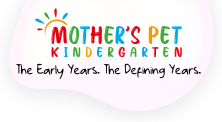
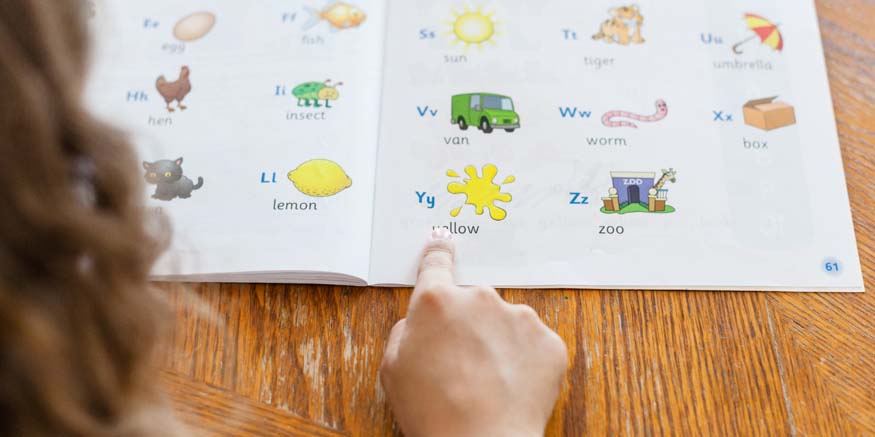



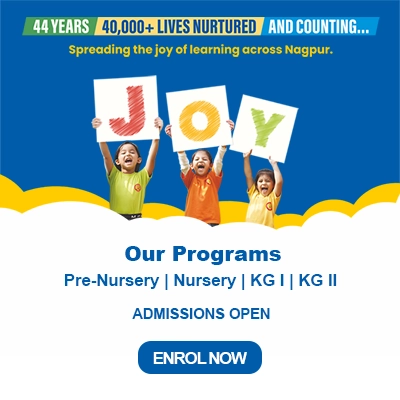

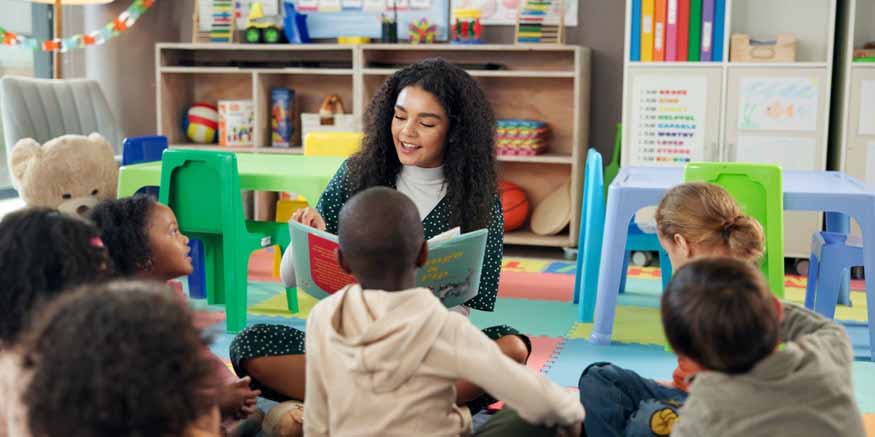

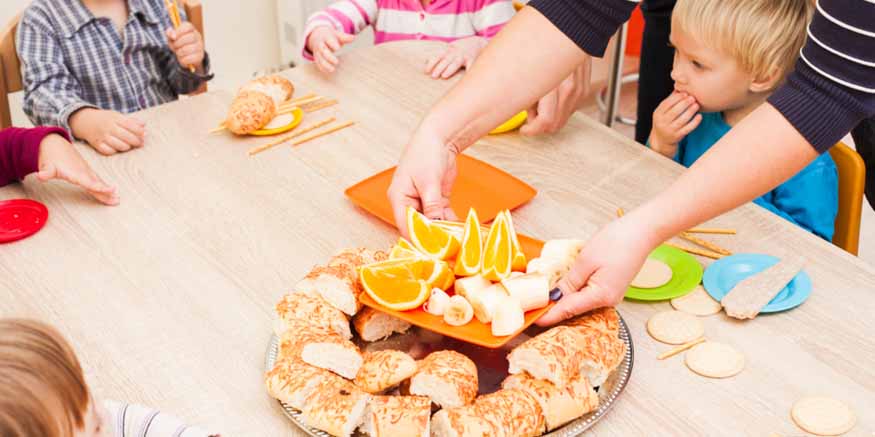

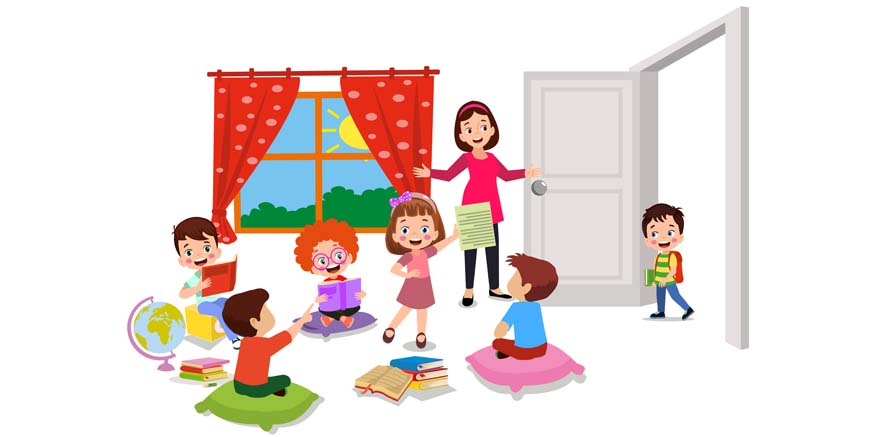

Recent Comments